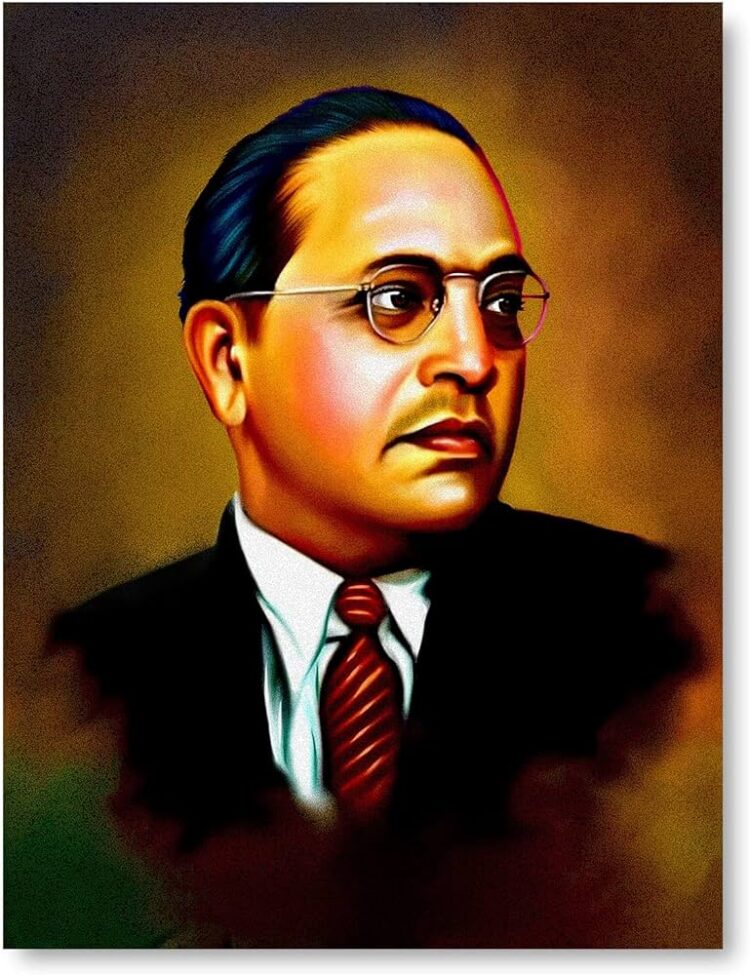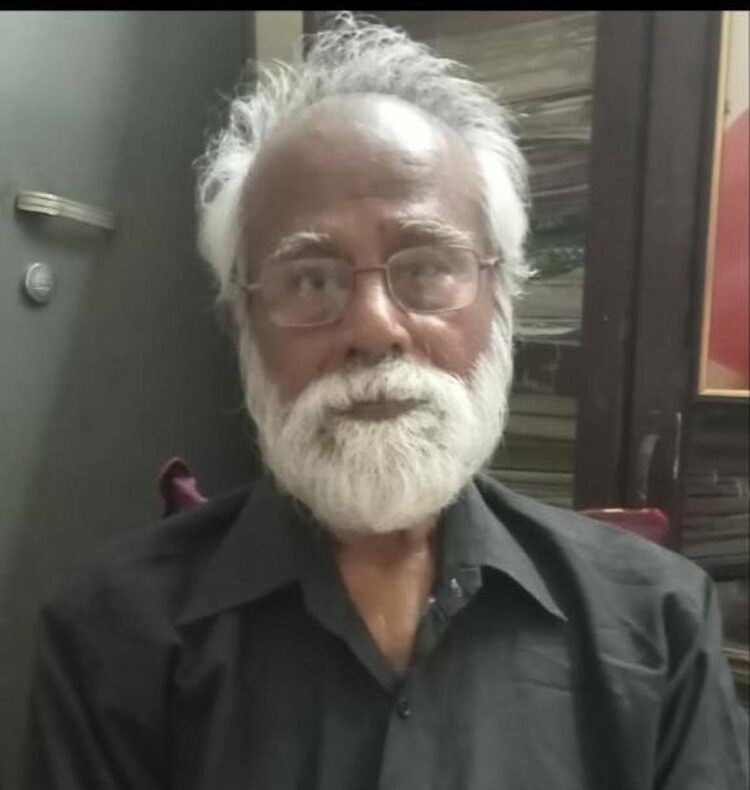…. Continues from
the previous issue
[This is a 31 page handwritten Manuscript of Dr. Ambedkar. The chapter has no title. It is also left incomplete. The title is suggested – editor.]
It is the dharma laid down by Manu. It is called Manav Dharma i.e. Dharma which by its inherent goodness can be applied to all men in all times and in all places. Whether the fact that it has not had any force outside India is a blessing or a curse I do not stop to inquire. It is important to note that this Manav Dharma is based upon the theory that the Brahman is to have all the privileges and the Shudra is not to have even the rights of a human being, that the Brahman is to be above everybody in all things merely by reason of his high birth and the Shudra is to be below everybody and is to have none of the things no matter how great may be his worth.
Nothing can show the shamelessness and absurdity of this Manava Dharma better than turning it upside down. I know of no better attempt in this behalf than that of Dr. R.P. Prajape a great Educationist, Politician and Social reformer and I make no apology for reproducing it in full —
A Peep Into the Future1
This piece was written against the Non-Brahmin Parties which were then in power in the Bombay and Madras Presidency and in the Central Provinces. The Non-Brahmin parties were founded with the express object of not allowing a single community to have a monopoly in State Service. The Brahmins have a more or less complete monopoly in the State services in all provinces in India and in all departments of State. The Non-Brahmin parties had therefore laid down the principle, known as the principle of communal ratio, that given minimum qualifications candidates belonging to non-Brahmin communities should be given preference over Brahmin candidates when making appointments in the public services. In my
view there was nothing wrong in this principle. It was undoubtedly wrong that the administration of the country should be in the hands of a single community however clever such a community might be.
The Non-Brahmin Party held the view that good Government was better than efficient Government was not a principle to be confined only to the composition of the Legislature & the Executive. But that it must also be made applicable to the field of administration. It was through administration that the State came directly in contact with the masses. No administration could do any good unless it was sympathetic. No administration could be sympathetic if it was manned by the Brahmins alone. How can the Brahmin who holds himself superior to the masses, despise the rest as low caste and Shudras, is opposed to their aspiration, is instinctively led to be partial to his community and being uninterested in the masses is open to corruption be a good administrator? He is as much an alien to the Indian masses as any foreigner can be. As against this the Brahmins have been taking their stand on efficiency pure & simple.
They know that this is the only card they can play successfully by reason of their advanced position in education. But they forget that if efficiency was the only criterion then in all probability there would be very little chance for them to monopolize State service in the way and to the extent they have done. For if efficiency was made the only criterion there would be nothing wrong in employing Englishmen, Frenchmen, German & Turks instead of the Brahmins of India. Be that as it may, the Non-Brahmin Parties refused to make a fetish to efficiency and insisted that there must be introduced the principle of communal ratio in the public services in order to introduce into the administration an admixture of all castes & creeds and thereby make it a good administration. In carrying out this principle the Non-Brahmin Parties in their eagerness to cleanse the administration of Brahmindom while they were in power, did often forget the principle that in redressing the balance between the Brahmins and non-Brahmins in the public services they were limited by the rule of minimum efficiency. But that does not mean that the principle they adopted for their guidance was not commendable in the interests of the masses.
This policy no doubt set the teeth of many Brahmins on edge. They were vehement in their anger. This piece by Dr. Paranjpe is the finest satire on the policy of the non-Brahmin Party. It caricatures the principle of the non-Brahman party in a manner which is inimitable and at the time when it came out, I know many non-Brahmin leaders were not only furious but also speechless. My complaint against Dr.Paranjpe is that he did not see the humour of it. The non-Brahmin Party was doing nothing new. It was merely turning Manu Smriti upside down. It was turning the tables. It was putting the Brahmin in the position in which Manu had placed the Shudra. Did not Manu give privileges to Brahmin merely because he was a Brahmin? Did not Manu deny any right to the Shudra even though he deserved it? Can there be much complaint if now the Shudra is given some privileges because he is a Shudra? It may sound absurd but the rule is not without precedent and that precendent is the Manu Smriti itself. And who can throw stones at the non-Brahmin Party? The Brahmins may if they are without sin. But can the authors and worshippers, upholders of Manu Smriti claim that they are without sin? Dr. Paranjpe’s piece is the finest condemnation of the inquity that underlies this Manav Dharma. It shows as nothing else does what a Brahmin feels when he is placed in the position of a Shudra.
IV
Inequality is not confined to Hindus. It prevailed elsewhere also and was responsible for dividing society into higher and lower free and servile classes. (Left incomplete in Ms-ed.)


